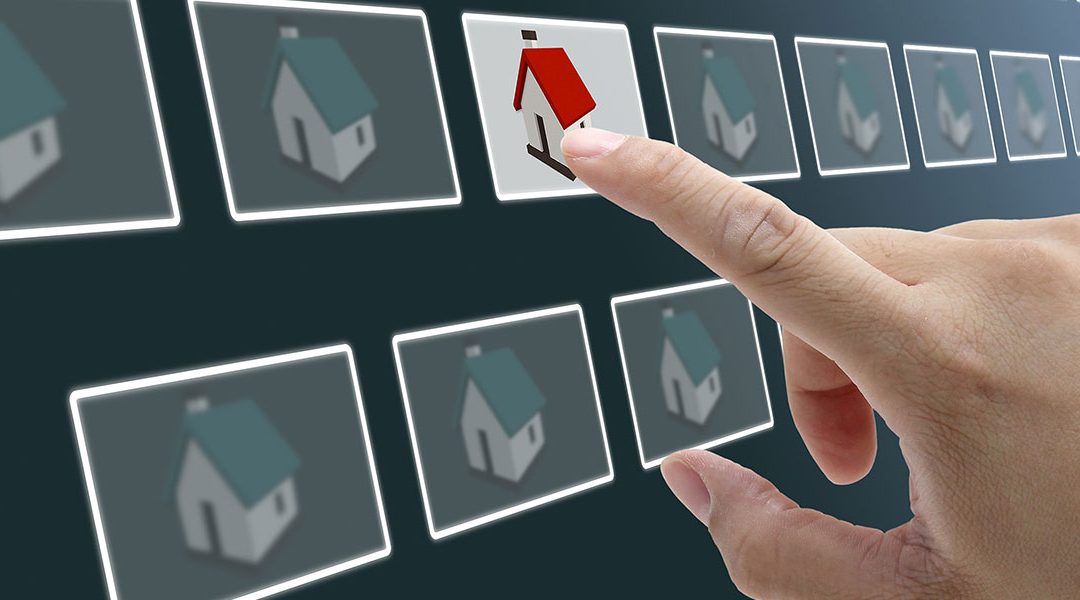With the winter season about to kick into high gear, it's important that homeowners know how their insurance policy works with the winter weather. Here are some tips that might be helpful. Just remember, for questions about their own homeowners policy, their insurance agent is still the best one to contact.
What is covered
Most typical homeowner policies cover damage done directly to the home, like a tree falling into the structure or the roof collapsing due to snow and ice build up. It is also likely that, if the loss is covered, coverage will extend to the costs associated with displacement while repairs are underway.
What may not be covered
Many factors that would normally be covered may be denied due to homeowner negligence. If the company thinks a homeowner could have done some level of preventative maintenance, they will likely not cover the damages or cover the loss at a greatly reduced amount. Some major areas of potential negligence include:
- Pipe bursts. When water freezes, it expands, causing whatever container the water is in, like pipes, to burst. Keeping the heat on at a reasonable level should prevent pipe bursts. In homes that are not continuously occupied, like vacation homes, water should be drained from the pipes before leaving.
- Snow and ice accumulation. If a roof collapses, but was determined to be in a state of disrepair prior to the snow, and that was the direct cause of loss, then it will not likely be covered as the negligent maintenance was the cause of loss not the snow.
What isn't covered
A big issue after snowstorms is flooding. As the snow melts, the water seeps into the ground and, potentially, into a home. As with other types of flooding from water from outside the home, damage caused by a flood is not covered under standard polices. Flood protection may be purchased, however.
Other variables
When discussing coverage in snow storms, the other two issues that often come up are cars and neighbors.
Coverage for damage to cars as the result of a winter storm may fall under both homeowners insurance or auto insurance, depending on the specific policy. As with other types of potential negligence, it is always advised to clear off cars as soon as possible after a storm.
If something from a neighbor's property causes damages, like a tree that falls across property lines, most likely the coverage will first fall to the homeowner whose property was damaged. If the neighbor was negligent in his or her upkeep, however, that person may be held liable after the claim is settled.
As the leading provider of web-based property valuation solutions, e2Value can assist you with all of your Insurance-to-Value (ITV) needs. Whether you are looking for valuations for high-value homes, mainstreet homes, condos, co-ops, commercial properties, manufactured homes, log cabins, or farms and ranches, our patented estimator can quickly calculate the cost of replacing a residential, commercial or farm structure, and provide you with a fast, cost-effective and accurate replacement cost valuation.

